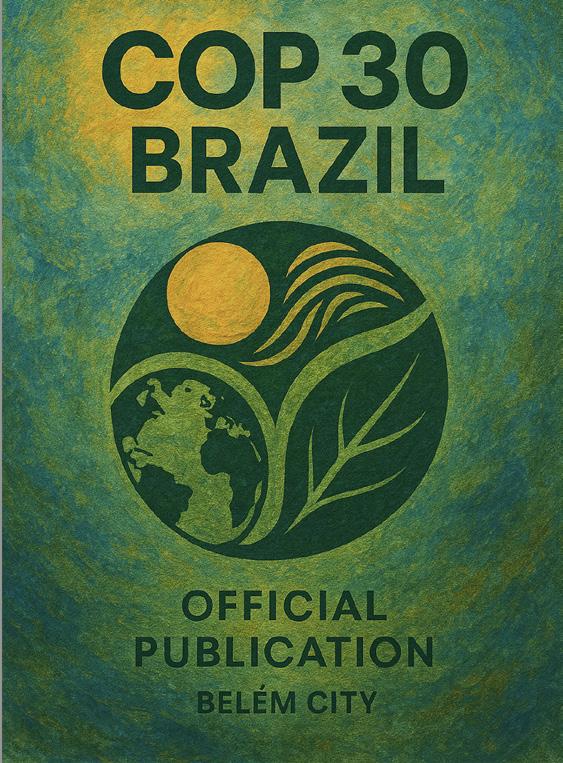
1 minute read
g20/b20

A Landmark Moment for Global Dialogue and Action
The 2024 G20 and B20 Summits in Brazil marked a historic moment for global leadership, multilateral collaboration, and the advancement of sustainable, inclusive economic strategies. Set against the dynamic backdrop of Latin America’s largest economy, these summits brought together heads of state, business leaders, and civil society to address the most pressing challenges of our time—from climate change and digital transformation to supply chain resilience and social equity.
This G20-B20 Brazil Global Briefing Report Review captures the insights, priorities, and outcomes that emerged from this pivotal gathering. It reflects the voices of innovators and changemakers who stepped forward to share solutions that not only address immediate economic concerns, but also pave the way for a more just and resilient global future.
Brazil’s role extended far beyond the G20. As the host of COP 30 in Belém, Brazil positioned itself as a global leader on climate policy, biodiversity, and Amazon preservation. The synergy between economic and environmental agendas at these summits underscored a clear message: sustainable growth and climate action are now inseparable.
As publisher of this special review, the Group of Nations was proud to contribute to this global conversation. We also look ahead with great enthusiasm to our upcoming official publications for the G7 Canada 2025 50th Anniversary Summit and COP 30, both of which will build upon the momentum generated in Brazil.
In preparation for the next chapter, we are also honored to be working alongside the Nelson Mandela Foundation, B20 South Africa, and W20 South Africa on the G20 South Africa 2025 Global Briefing Report Review. This forthcoming summit will mark the first time the G20 is hosted on African soil—a milestone moment that will spotlight African innovation, leadership, and the call for a more equitable global order.
For nearly three decades, the Group of Nations has worked to bridge the gap between government policy, global business, and civil society. Through this platform, we continue to amplify voices, accelerate solutions, and connect ideas to action.
We thank all the contributors, partners, and readers who made this edition possible—and we invite you to continue this journey with us.













